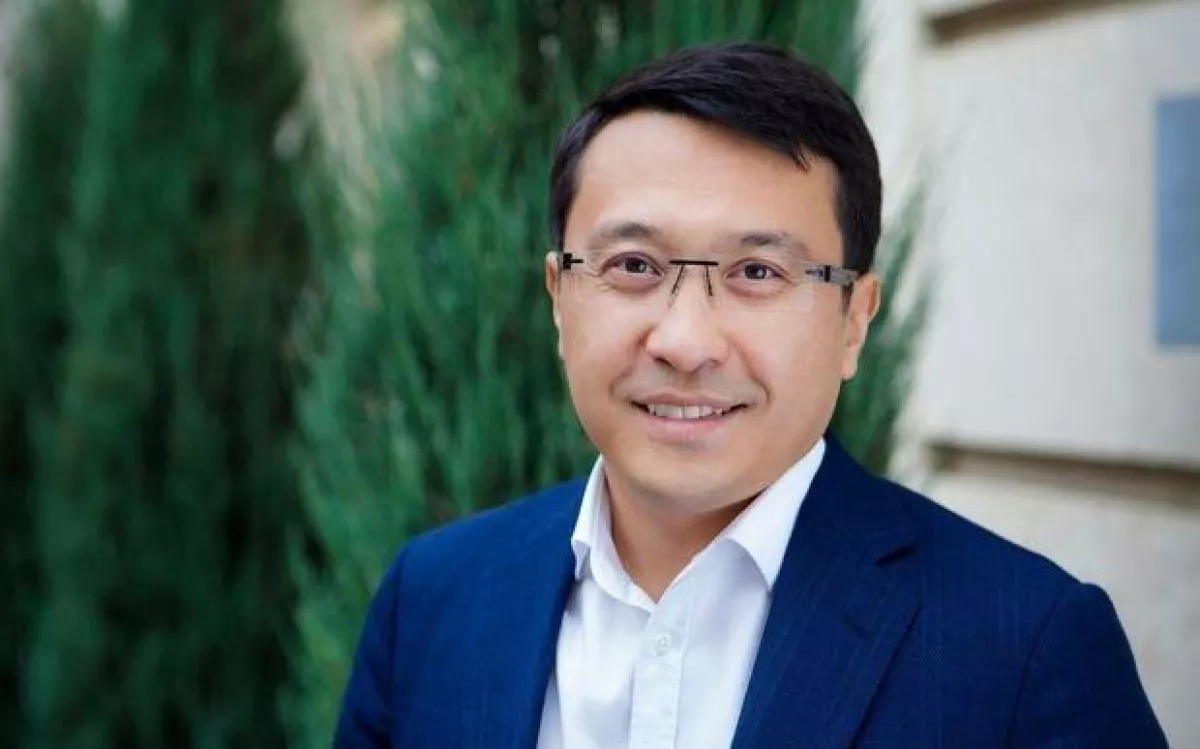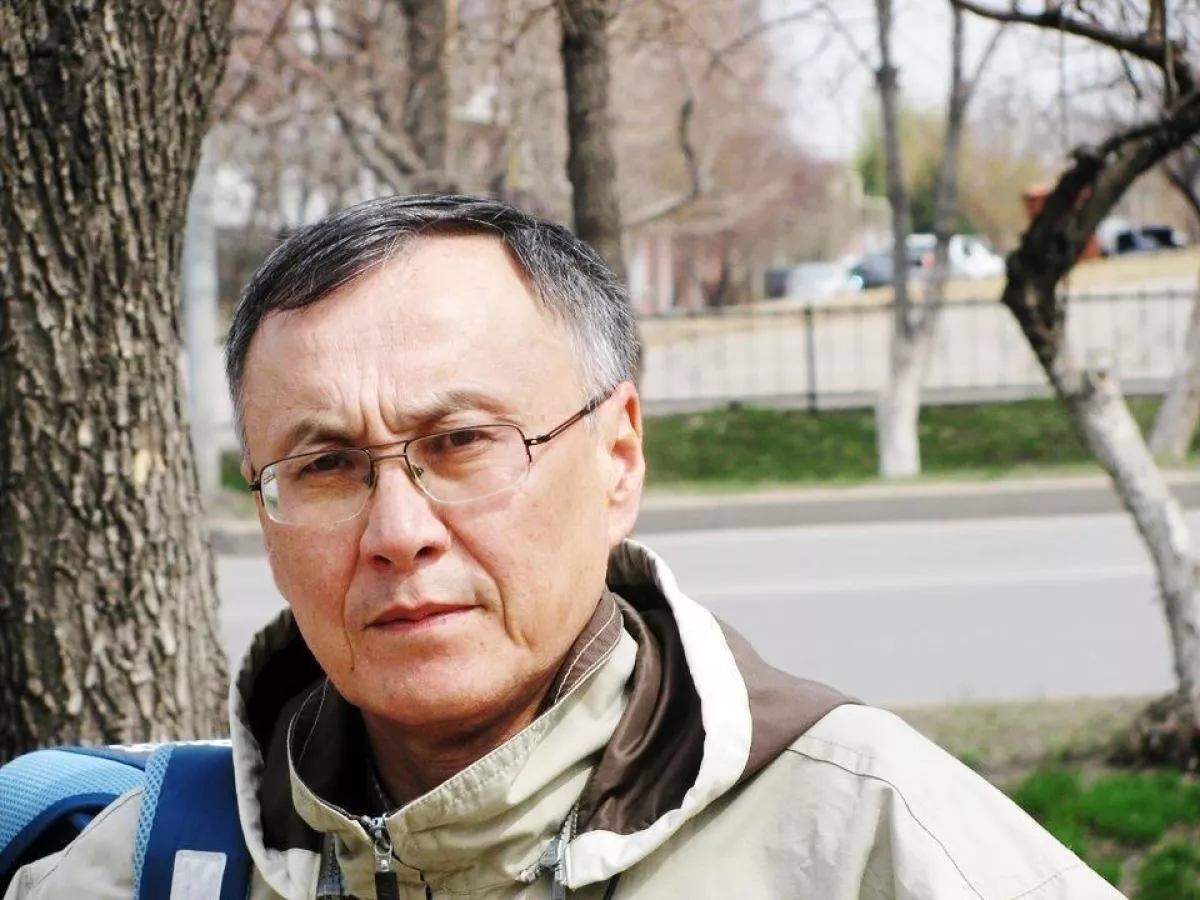Empowering Turkic world: From economic integration to global influence Experts weigh in on OTS’s role
On November 6, the 11th Summit of Heads of State of the Organization of Turkic States (OTS) took place in Bishkek. Its main theme was "Empowering the Turkic World: Economic Integration, Sustainable Development, Digital Future, and Security for All." As stated by OTS Secretary General Kubanychbek Omuraliev, the Bishkek gathering outlined the strategic priorities for the Turkic world.
How can the role of the OTS be assessed in the modern world? What does the future hold for this union? What areas might it influence if Turkic-speaking states continue to strengthen internal cooperation?
Representatives of OTS member states answered these questions for Caliber.Az.
Kyrgyz analyst and international lawyer Japar Usenov is firmly convinced that the Organization of Turkic States (OTS) will soon play a key role in the modern world.
"As a proponent of the idea of Turan and the unity of Turkic peoples, I see the OTS as a powerful platform for strengthening our shared values and interests. Our common historical roots, dating back to ancient Turkic empires, and similar linguistic traditions create a strong foundation for close cooperation.

In the face of global challenges and rapid shifts in the world order, the OTS aims not only for economic integration and the development of digital technologies but also for preserving and promoting our rich cultural heritage. Initiatives such as creating a unified Turkic alphabet and developing the Middle Corridor between Asia and Europe underscore our desire to strengthen ties between East and West, positioning OTS countries as an important part of the global community," the expert stated.
In his view, strengthening cooperation among Turkic-speaking countries within the OTS framework could significantly enhance their influence on regional security, economic growth, and global logistics.
"The unification of industrial and resource potential will create a solid foundation for economic development, and joint projects in manufacturing, energy, defence, mineral extraction, and agriculture can stimulate growth and enhance competitiveness in global markets. With the growing population in OTS countries, collaborative educational and social programs will help develop human capital, providing skilled professionals for various economic sectors.
OTS countries occupy a strategically important position at the crossroads of trade routes between Asia and Europe. Enhancing transport infrastructure will strengthen their role in global logistics, boosting trade turnover and attracting investments.
The initiative of Kyrgyz President Sadyr Japarov, 'Turkic Green Vision,' highlights OTS countries' commitment to environmentally sustainable development. Joint efforts to combat climate change and implement green technologies will not only improve environmental conditions but also open new avenues for economic cooperation and innovation. In this way, strengthening cooperation among Turkic-speaking states within the OTS framework will establish a solid foundation for stability, prosperity, and sustainable development in the region, elevating its importance on the global stage," Usenov believes.

Kazakh political analyst Kazbek Beysebayev notes that the summit's theme, " Empowering the Turkic World," is more relevant than ever.
"As they say, it's time to show the world that a Turkic world exists and that it rightfully deserves a place in global politics and economics. Acting as a united front is both possible and necessary. There is ongoing discussion about reforming the UN Security Council and expanding its permanent members. Why shouldn’t the OTS put forward its own candidate?
There are also other areas of cooperation where we could work together. Of course, we should start with transportation projects and regional integration. To begin, we need to establish joint structures where experts and specialists can exchange ideas and work on new collaborative projects. In this way, it’s clear there is a vast field of activity ahead—it just requires us to get to work," Beysebayev believes.








